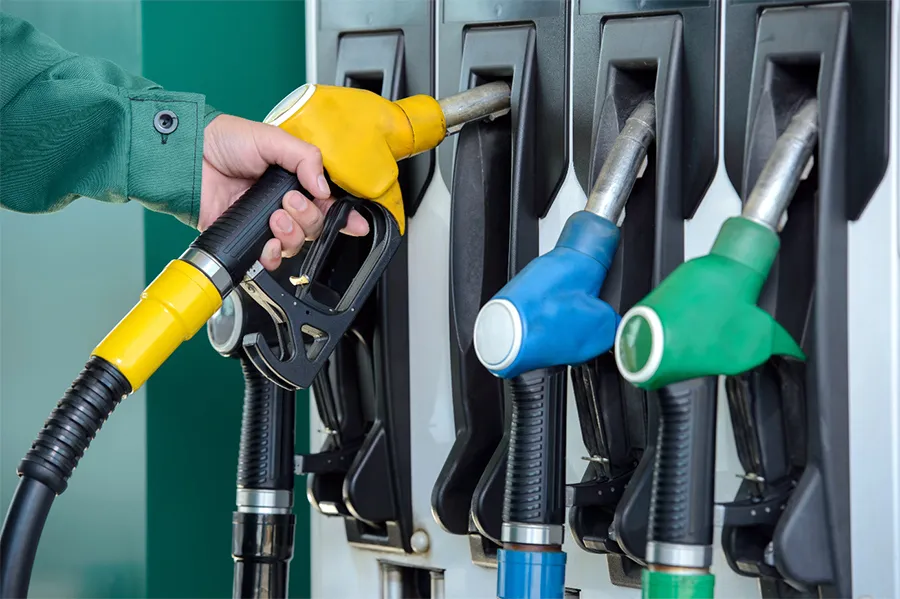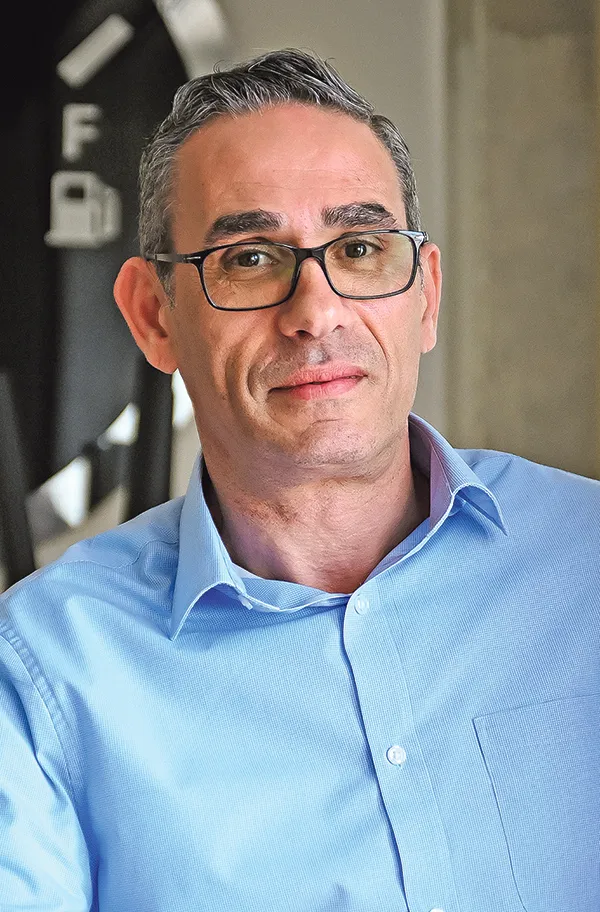Enemed fuels Malta’s economic engine
With the countdown to its tenth anniversary well underway, now is the appropriate time to recognise the success and progress of one of the nation’s most important enterprises

Enemed exists to ensure the availability of vital fuel supplies around the clock. Shutterstock/VGstockstudio
Bearing responsibility for the import, distribution and wholesale of petroleum products, Enemed is key to the economy, as Kevin Chircop, Executive Chairman, details.
How do you see Enemed’s role as Malta’s downstream petroleum company and what are its key objectives and achievements?
Our primary role is to ensure the continuous flow of the nation’s energy resources. While fuel may be considered a necessary commodity, it’s our responsibility to guarantee that the country never faces a shortage or depletion of fuel supplies. We had our usual operational targets, but our top priority lies in ESG aspects. We’re conducting an ESG gap analysis and starting next year, we’ll address the identified gaps. While we’ve always considered these three pillars crucial, we lacked a systematic approach. We aim to establish a comprehensive framework and commence implementation. Another goal is the redevelopment of a marine terminal for future renewable fuels. Upcoming regulations will push the marine industry toward cleaner fuels. To enhance customer interactions, we’re introducing paperless software applications for aviation fuel supply, streamlining operations.

How has this strong performance been reflected in your market share and profitability?
We command 90-95% of the aviation industry market share, firmly maintaining our leadership despite competition. In the inland fuel sector, we hold over 85% market share and in petrol, we’re at 100%, while in diesel, we have an 85% share. In these areas, further substantial growth is limited. Regarding the marine industry, particularly bunkering, there remains untapped potential. However, our facilities require upgrades before we can effectively capitalize on these opportunities. In terms of profitability, our primary focus has always been on maintaining price stability. We employ hedging strategies, particularly for inland fuel markets and diesel products used in the industry. We utilize financial instruments to ensure price stability, a policy that has proven effective for the past eight years. This approach has allowed industries to plan and budget more effectively, helping them absorb market energy price fluctuations.
Is there any progress or innovation in your technology?
In recent years, we’ve undergone significant transformations in our fleet of fuel-carrying equipment which has ensured a reduction in our carbon emissions. Regarding our infrastructure, over the past four years, we’ve invested heavily in several key projects. We established a new national distribution center at a cost of €85 million.
And a final message for readers?
The notion that fuels like petrol, diesel and gas oil will be entirely eliminated is a misconception. Energy remains a vital requirement for developed and developing nations. While these fuels may persist, the focus should be on continuous improvement in their quality and the implementation of stricter regulations to curb highly polluting variants. Organizations like the International Maritime Organization (IMO) are already imposing stringent restrictions to promote the use of cleaner fuels. It’s essential for the world to acknowledge that these fuels, although a necessary evil, will still be required. However, our collective efforts should be directed towards using the highest quality fuels available to promote a healthier planet. Let’s remain committed to evolving for the better and embracing change as our actions today may become obsolete tomorrow.

 Download the PDF
Download the PDF